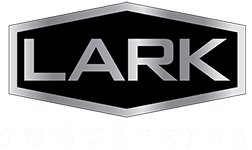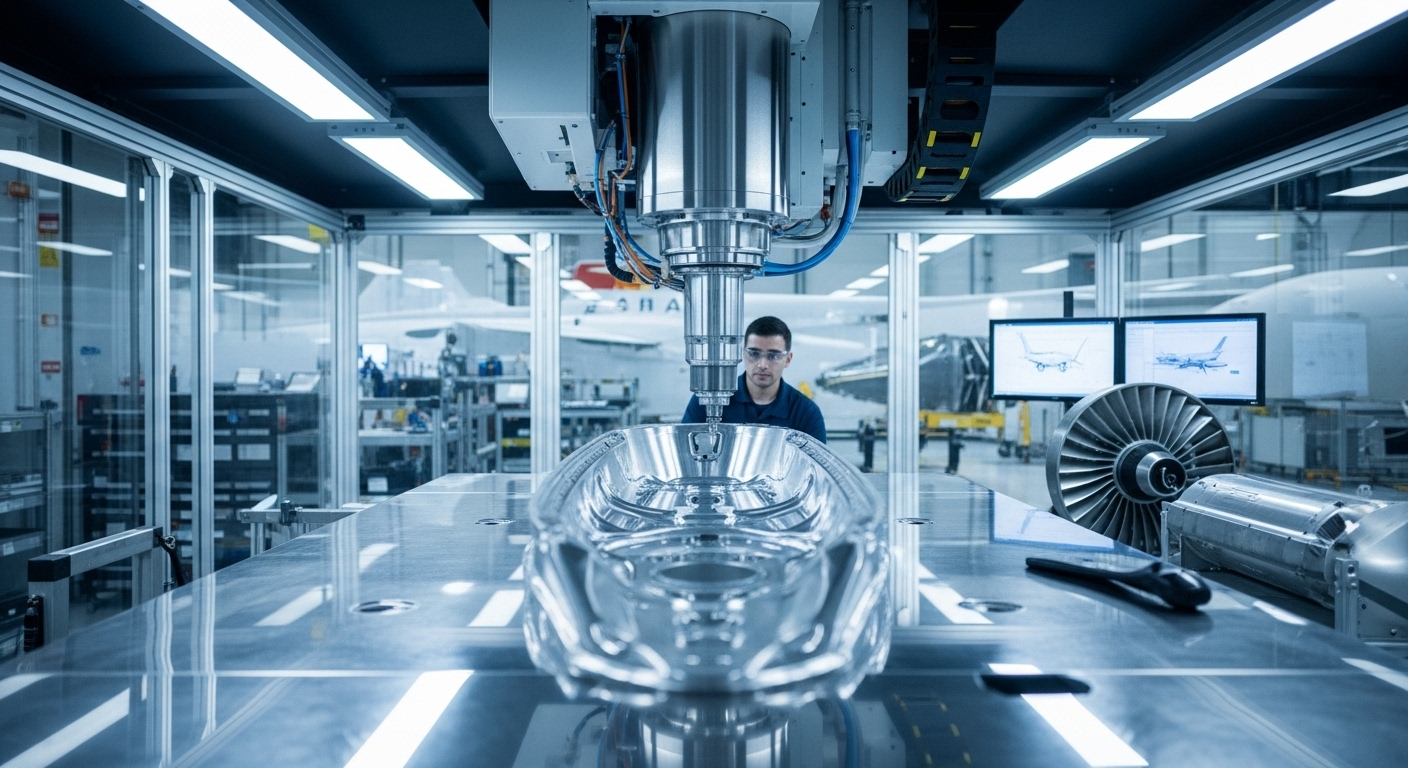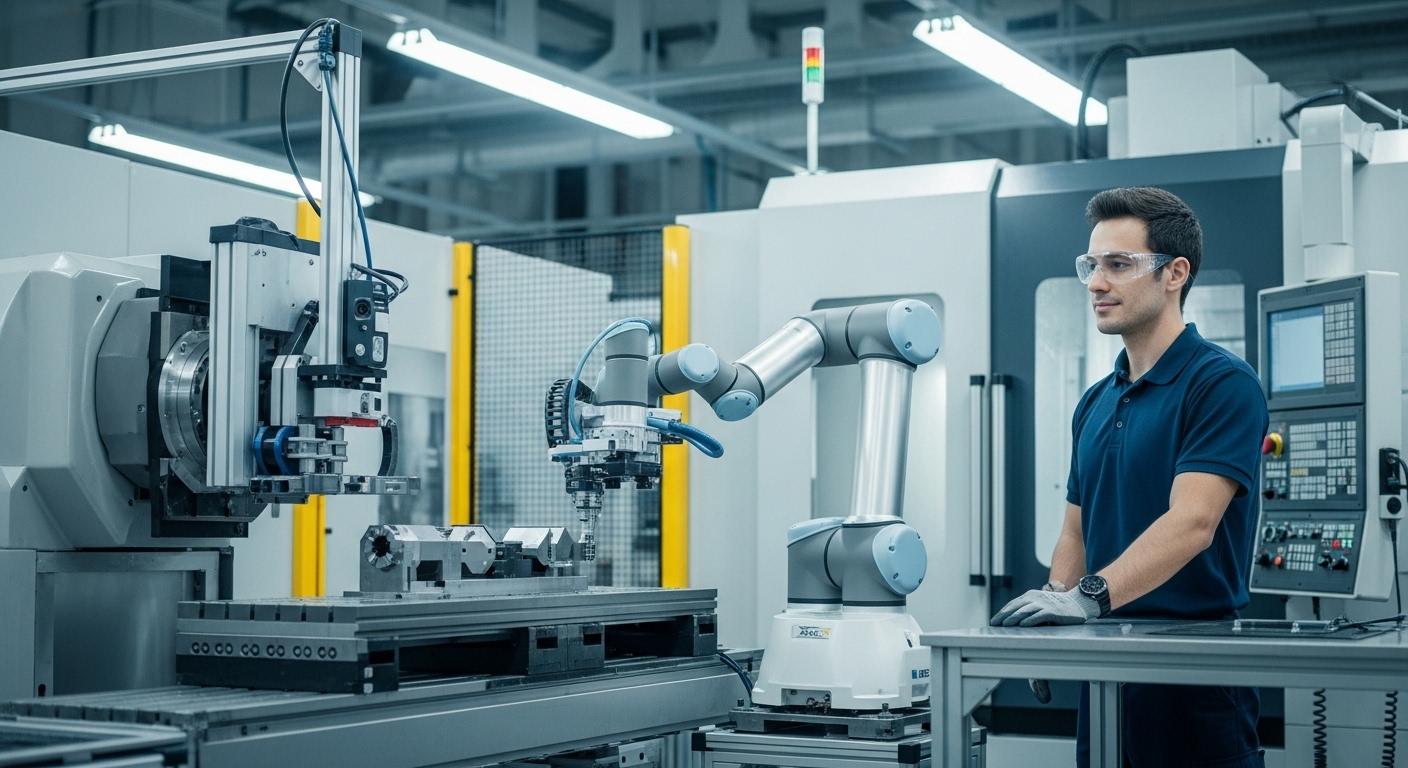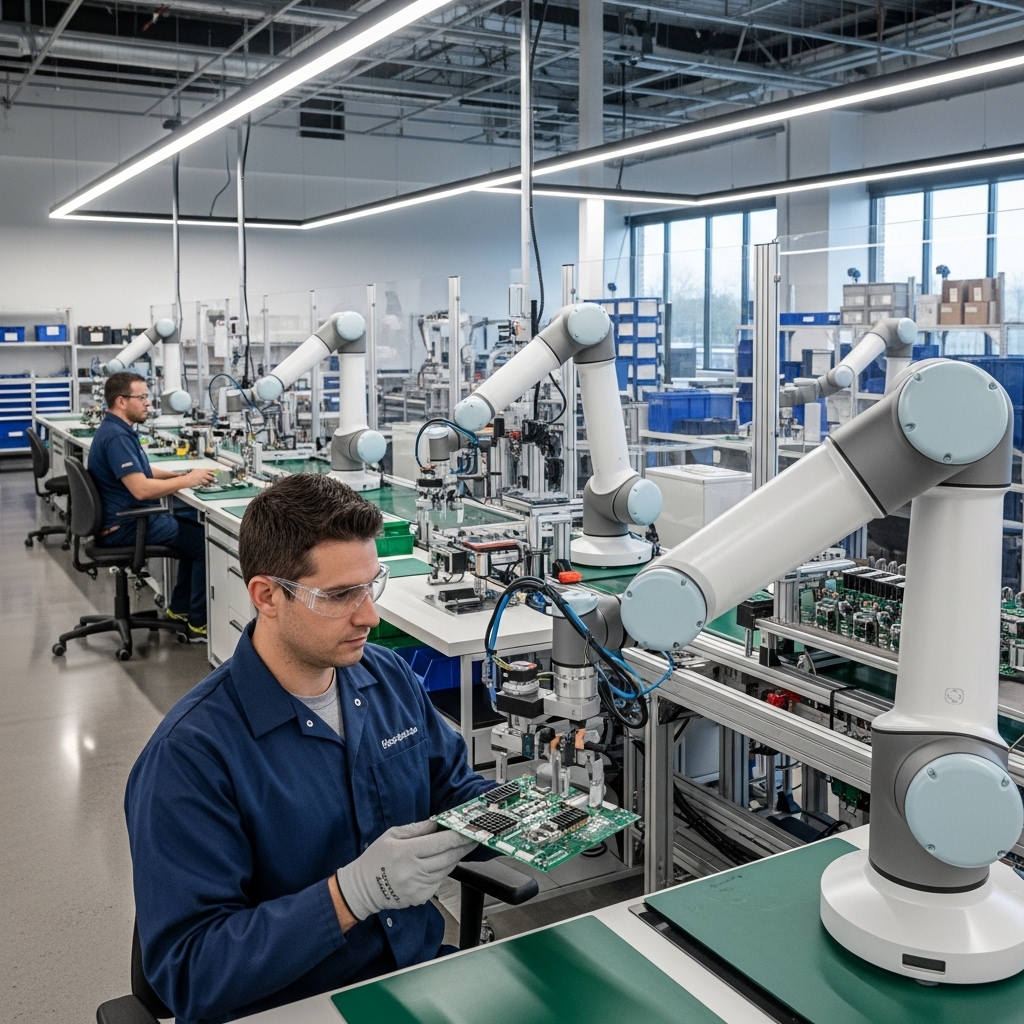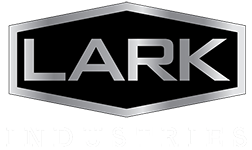Predictive Supply Chain Analytics: Anticipating Risks and Disruptions
Predictive supply chain analytics is a powerful tool that allows manufacturers to foresee potential disruptions and mitigate risks before they impact production. By analyzing historical data, AI algorithms can predict future supply chain events, enabling companies to make informed decisions.
Predictive analytics uses machine learning models to analyze vast amounts of data from various sources. These models can identify patterns and trends that humans might miss. For instance, they can predict demand fluctuations, supplier delays, or equipment failures, allowing manufacturers to proactively address these issues.
Machine learning models continuously learn and evolve as they process more data, improving their accuracy over time. This continuous learning enables manufacturers to refine their strategies and stay ahead of potential disruptions. By using advanced data integration techniques, predictive analytics can combine data from disparate sources for a more holistic view of the supply chain.
Predictive analytics also employs sophisticated algorithms to simulate various scenarios and outcomes. This capability helps manufacturers to test different strategies and identify the most effective solutions for potential supply chain challenges. By understanding the implications of different scenarios, manufacturers can make more informed decisions.
Benefits of Predictive Supply Chain Analytics
- Risk Mitigation: By foreseeing potential disruptions, manufacturers can develop contingency plans to minimize impact.
- Cost Savings: Anticipating demand helps in optimizing inventory levels, reducing excess stock and associated costs.
- Improved Customer Satisfaction: Meeting delivery deadlines consistently enhances customer trust and loyalty.
- Operational Efficiency: By using predictive analytics, manufacturers can streamline their operations and increase productivity.
- Strategic Planning: Predictive insights enable manufacturers to plan for long-term growth and development.
AI in Supply Chain Management: Driving Automation and Efficiency
AI is revolutionizing supply chain management by automating processes, optimizing operations, and enhancing decision-making.
AI-powered systems can automate routine tasks like order processing, inventory management, and shipment tracking. This not only reduces human error but also frees up employees to focus on more strategic activities.
Automation extends beyond routine tasks to include complex decision-making processes. AI algorithms can assess multiple variables and make decisions that optimize supply chain operations. This level of automation ensures consistent performance and reduces the risk of human error.
AI-driven automation also facilitates seamless communication and coordination across different supply chain functions. By integrating various processes, manufacturers can achieve greater operational synergy and efficiency.
AI tools can process and analyze data at a speed and accuracy that humans cannot match. This capability allows for better decision-making in real-time, enabling manufacturers to respond swiftly to changing market conditions.
AI-Driven Decision-Making and Real-Time Analytics
Real-time data analysis empowers manufacturers to make informed decisions based on the latest information. AI systems can identify trends and anomalies, providing valuable insights that guide strategic planning and execution.
AI also supports predictive decision-making by providing insights into future trends and scenarios. Manufacturers can use these insights to anticipate market shifts and make proactive adjustments to their operations.
AI-driven analytics can also enhance collaborative decision-making across the supply chain. By sharing data and insights with partners, manufacturers can align their strategies and achieve mutual goals.
IoT for Supply Chain Visibility: Real-Time Tracking and Inventory Control
The Internet of Things (IoT) provides manufacturers with unprecedented visibility into their supply chains. IoT devices, such as sensors and trackers, can monitor and report on various aspects of the supply chain in real-time.
IoT devices can track the location and condition of goods throughout the supply chain. This real-time tracking ensures that manufacturers have up-to-date information about their shipments, reducing the likelihood of lost or damaged goods.
IoT sensors can monitor inventory levels in real-time, providing manufacturers with accurate data on stock levels. Real-time inventory monitoring enables manufacturers to optimize their stock levels based on actual demand patterns, reducing costs and waste.
IoT technology also facilitates collaboration across the supply chain. By sharing inventory data with suppliers and partners, manufacturers can align production and replenishment schedules more effectively.
Supply Chain Risk Mitigation in Manufacturing
Smart supply chains, powered by AI and IoT, offer numerous benefits to manufacturers looking to optimize their operations.
Resilient supply chains can anticipate and respond to disruptions caused by factors such as natural disasters, political instability, or market volatility. AI and IoT technologies support proactive risk management by providing early warning signals of potential disruptions.
Manufacturers can implement contingency plans and allocate resources to mitigate risks and ensure uninterrupted production. By maintaining flexibility and responsiveness, manufacturers can sustain long-term growth and adapt to market challenges.
Benefits of Smart Supply Chains for Manufacturers
Automation and real-time insights lead to more efficient operations, reducing waste and lowering costs. This efficiency translates into higher productivity and profitability.
Efficient supply chains optimize resource utilization by minimizing waste and maximizing output. By streamlining operations, manufacturers can reduce production costs and improve their bottom line.
Smart supply chains also facilitate better collaboration between manufacturers, suppliers, and logistics partners. With shared data and insights, all parties can work together more effectively to achieve common goals.
The integration of AI and IoT fosters innovation in supply chain management, leading to optimized processes and improved performance. Manufacturers can benchmark performance, explore new technologies, and drive continuous improvement.
Future of Manufacturing with AI and IoT
Manufacturers that adopt smart supply chain technologies gain a competitive edge in the market. They can respond faster to customer demands, reduce costs, and deliver products more efficiently than their competitors.
AI and IoT are transforming supply chains into smart, resilient systems that enable manufacturers to optimize operations, mitigate risks, and enhance efficiency. Incorporating these technologies is no longer just an option—it is a necessity for long-term success in the global market.
By fostering a culture of innovation and continuous improvement, manufacturers can harness the full potential of AI and IoT. With smart supply chains, they can confidently navigate the challenges of the modern market and achieve their strategic goals.
